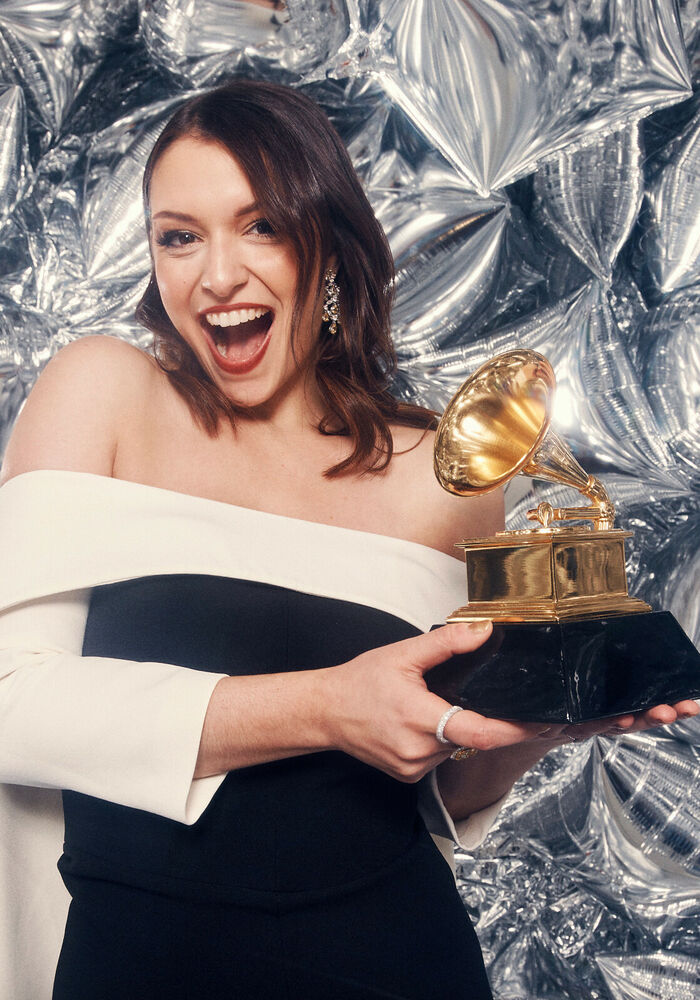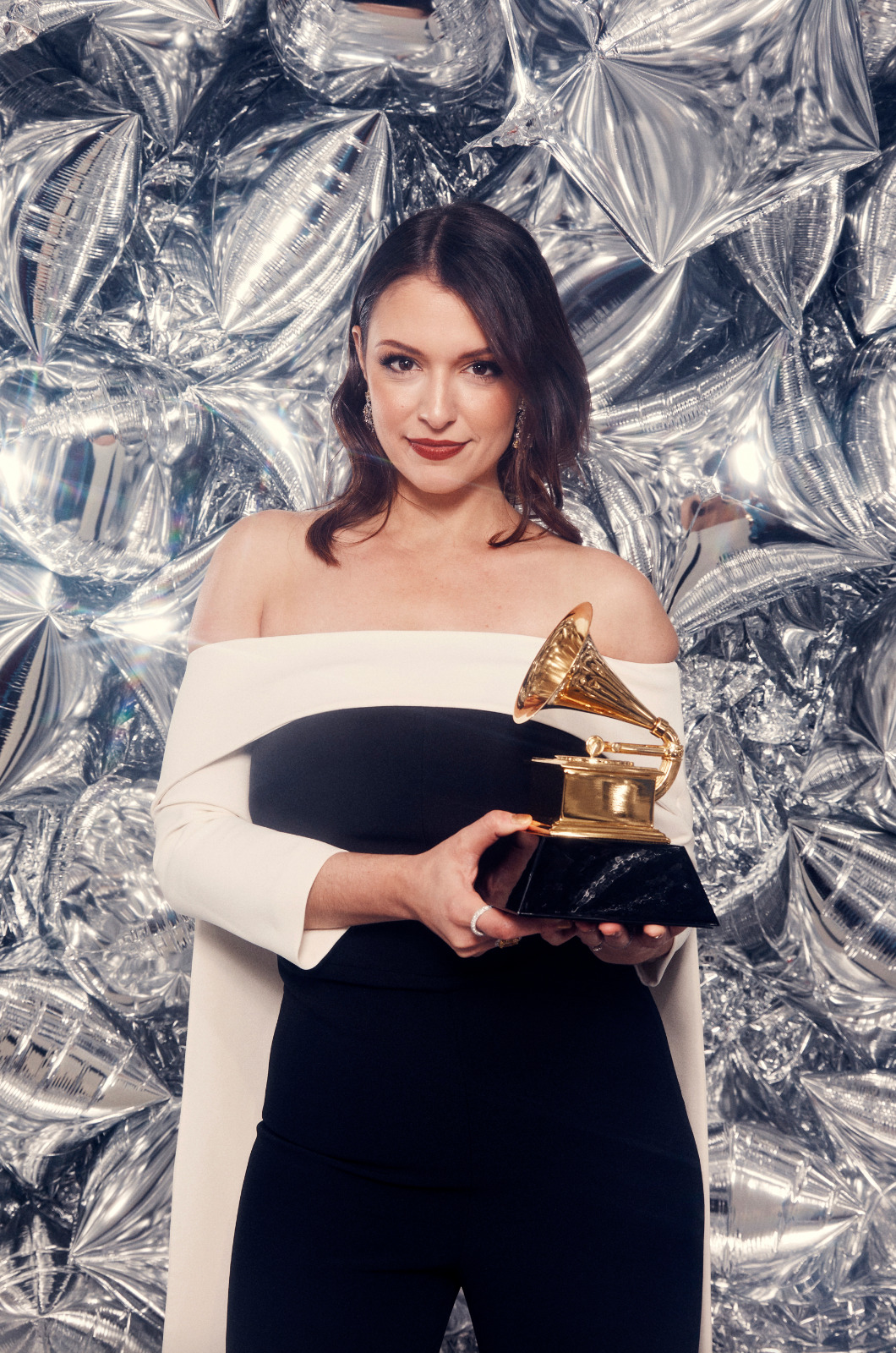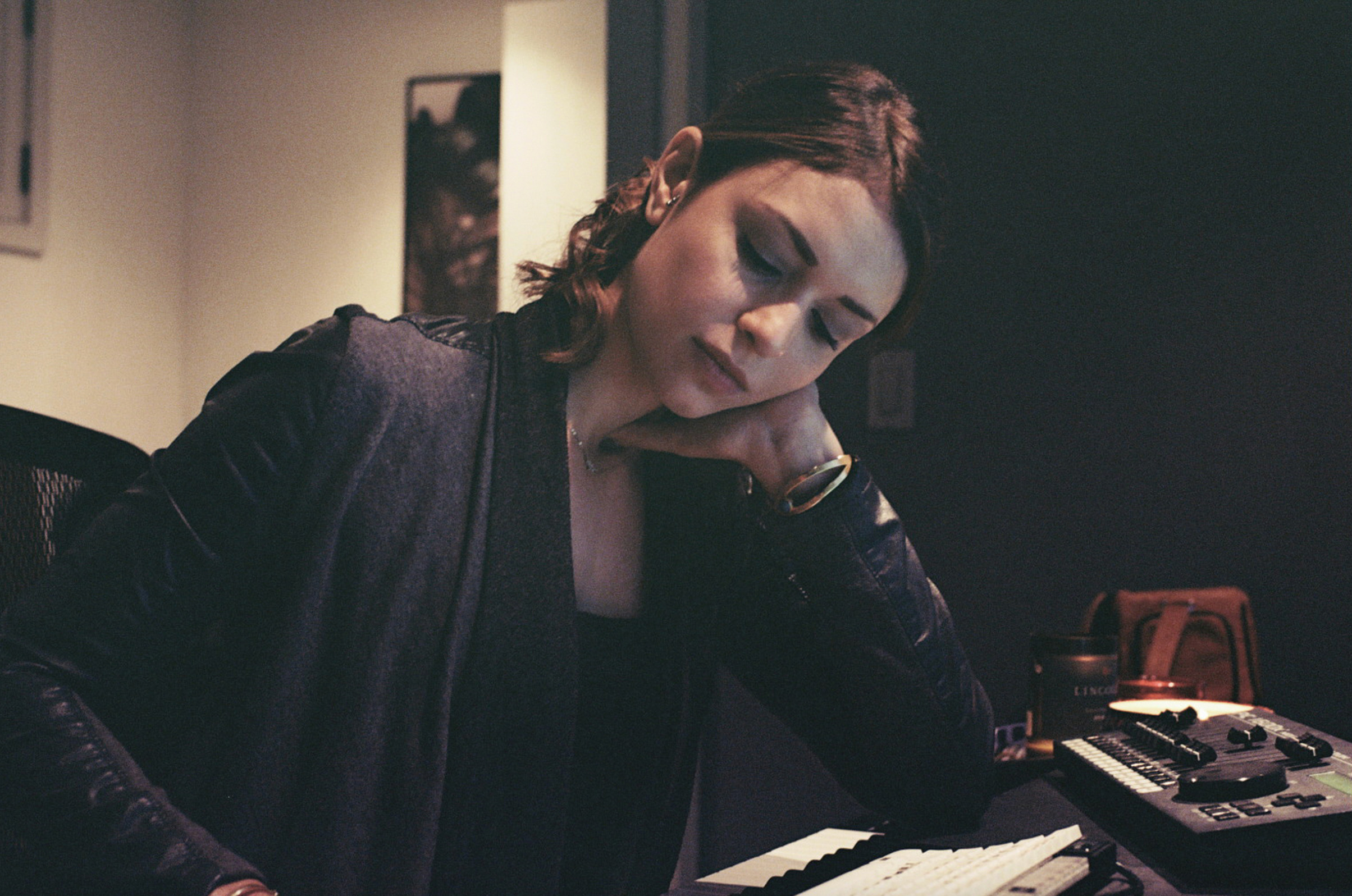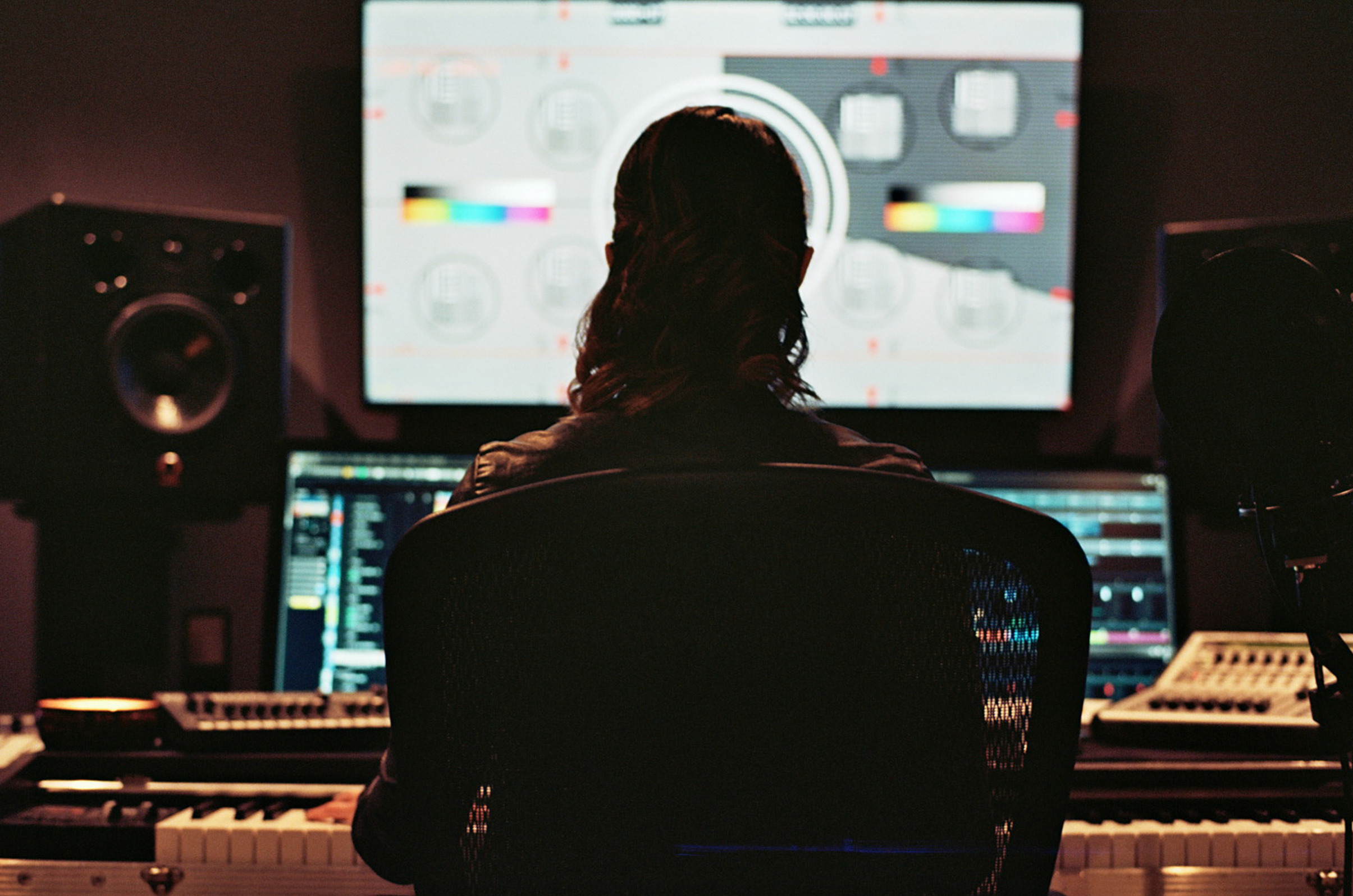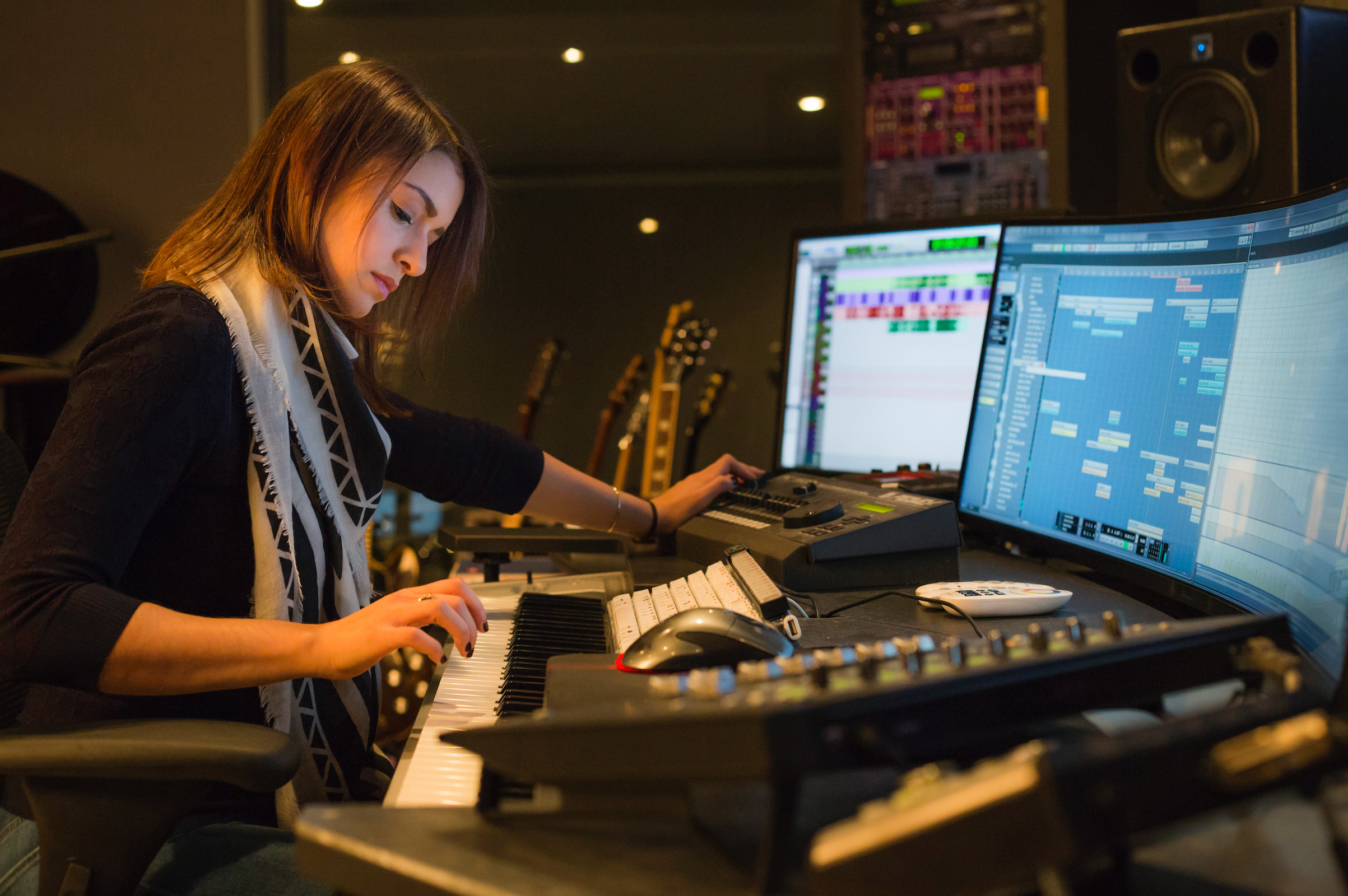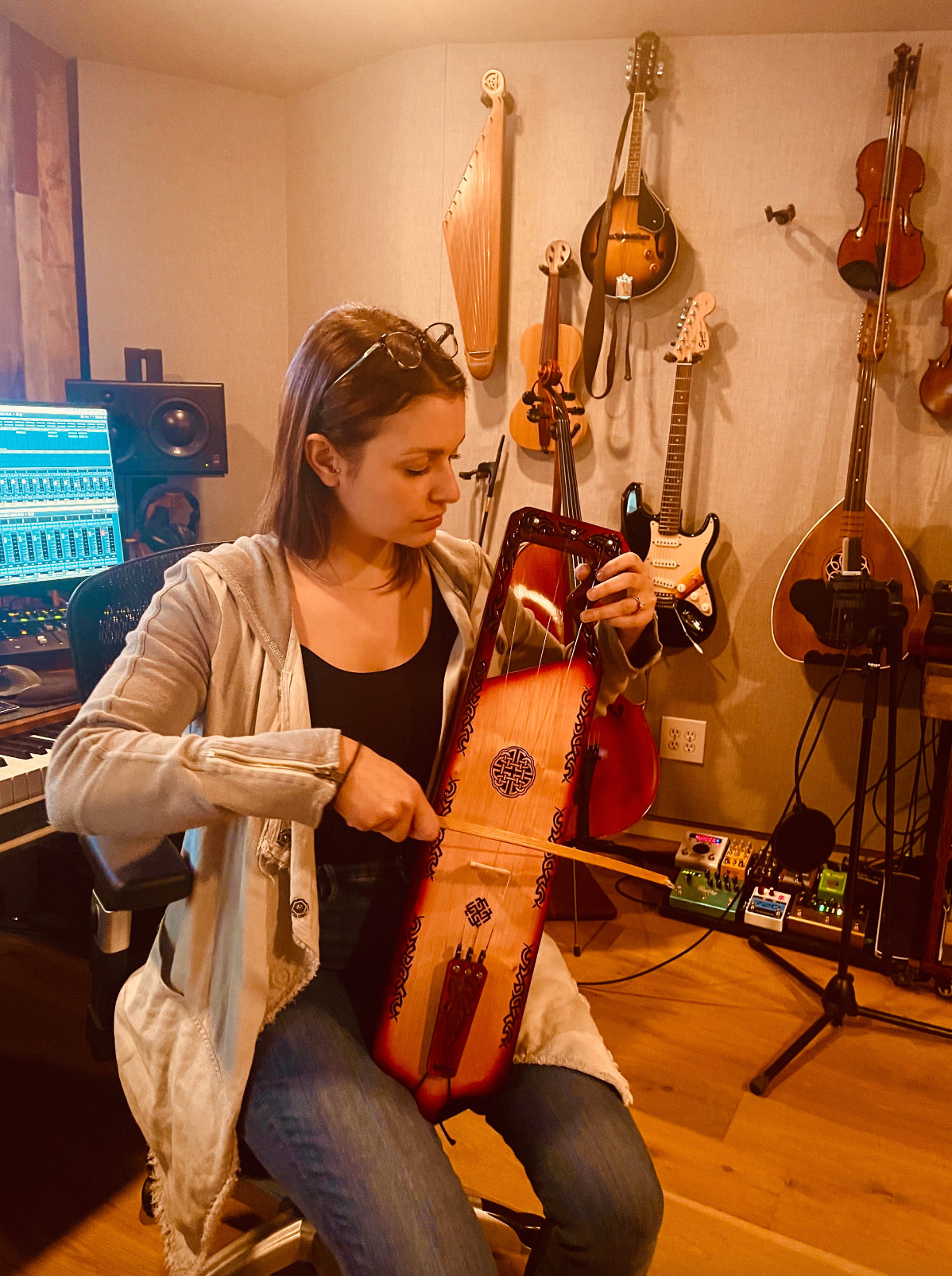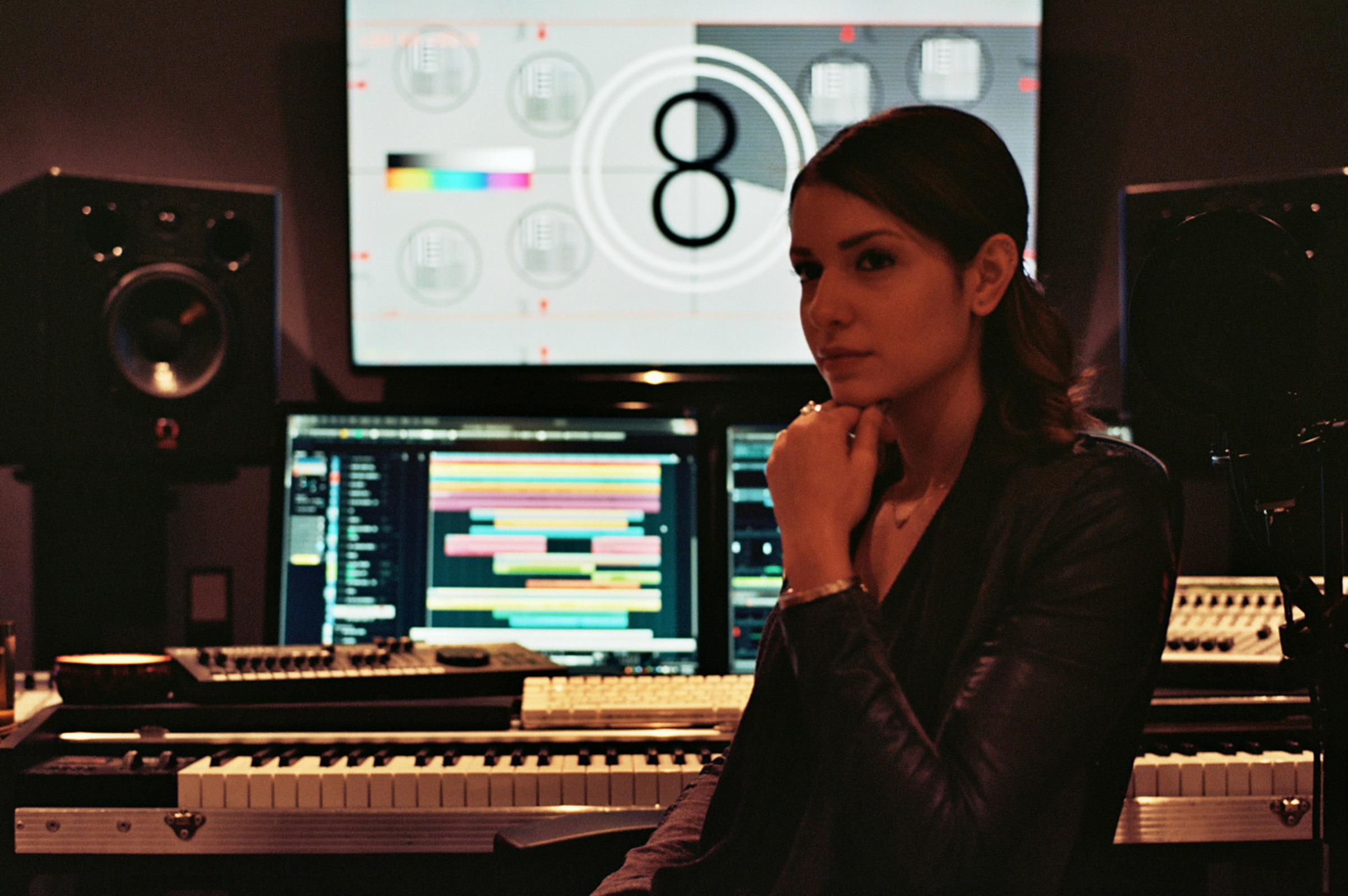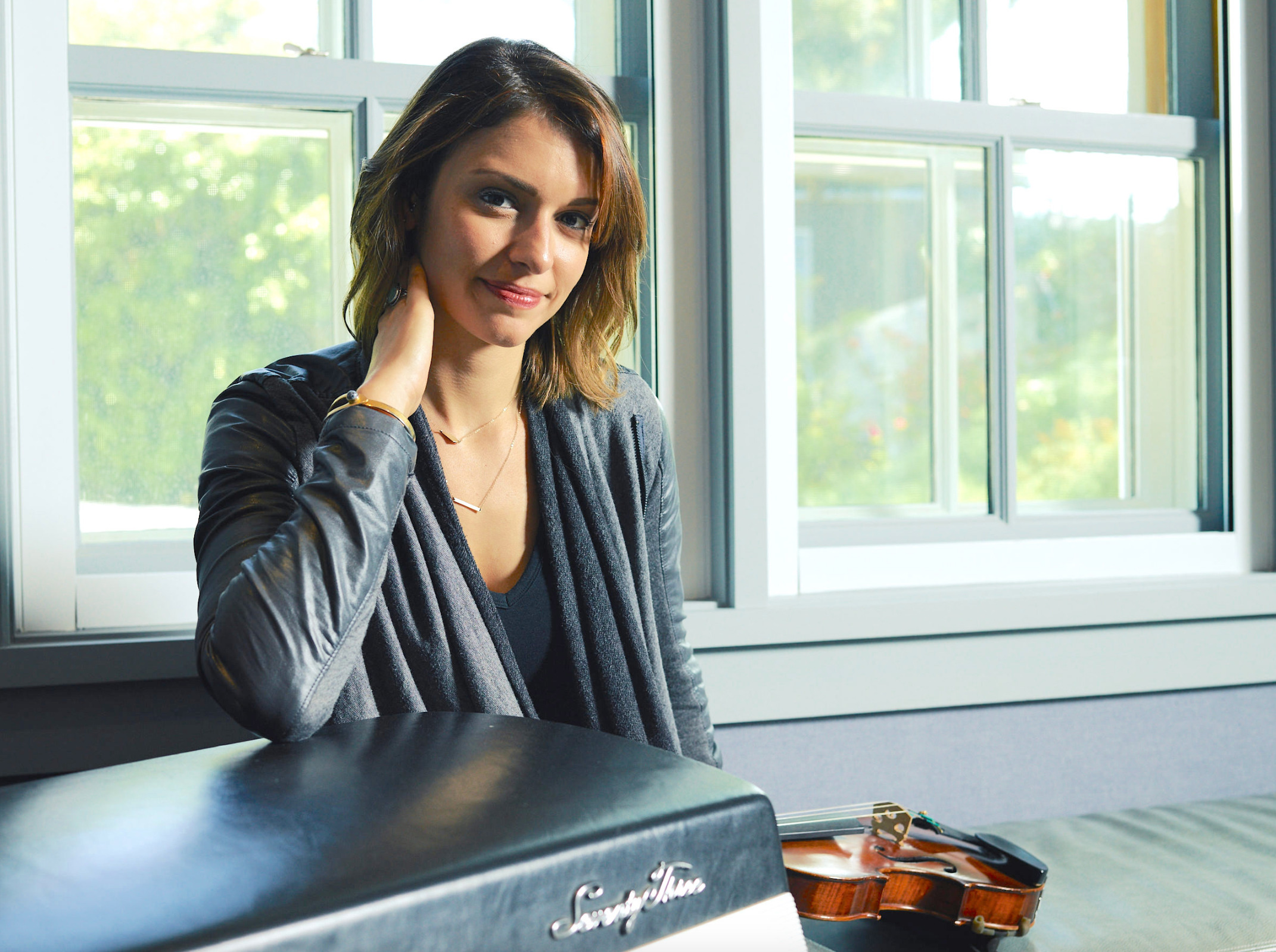Fresh from her Grammy win for Best Score Soundtrack for Assassin’s Creed Valhalla: Dawn of Ragnarök, L.A based composer and BAFTA Breakthrough Artist Stephanie Economou explains how she turned to System Of A Down for the score’s inspiration…
Congratulations on your Grammy win! How was the ceremony? Was it a surprise to win?
Yes! I am still recovering from the hangover [laughs]. Emotionally, it was a big day and I'm still reeling, truly! I really did not go in with very high expectations. I think I was certainly the underdog in that category, because I am newer to games.
I did not expect to win – my fellow nominees in that category are titans in the video game music industry, so I was just happy to be there. I was insanely surprised to be nominated! Especially because Dawn of Ragnarök is technically a DLC or an expansion, so it's a smaller game compared to some of the other ones that are in there.
I'm thrilled and super honoured. When I won, I think I blacked out a little bit. I couldn't remember anything that I said or what happened. You can tell how surprised I was given how far back in the auditorium I sat, because I was like, ‘I'm not winning, we should just sit back here – there's more space.’
When I was backstage and I had a moment to myself and I was like, ‘What the hell happened?’ It was very surreal.
The internet is ruthless; you just have seen the videos circulating of presenter Randy Rainbow’s very own John Trivolta ‘Adel Dazeem / Idina Menzel’ moment when he mispronounced Valhalla: Dawn of Ragnarök when revealing you as the winner. Were you aware of this happening in the moment?
I feel for him! I didn't realise that any of that happened until much later and someone showed me a meme. I think I just heard ‘Assassin’s…’ and that's when I blacked out [laughs]. I went to a fugue state, but watching the videos after – it was very, very funny.
The Internet…God, they're ruthless, but also hilarious. I think his reaction was great – he just totally owned it. It was the third category of the show so everybody was still getting their footing. My name is hard enough to say as it is and I think he probably saw the collective syllables in the title of the game plus my name and just panicked – understandably so!
